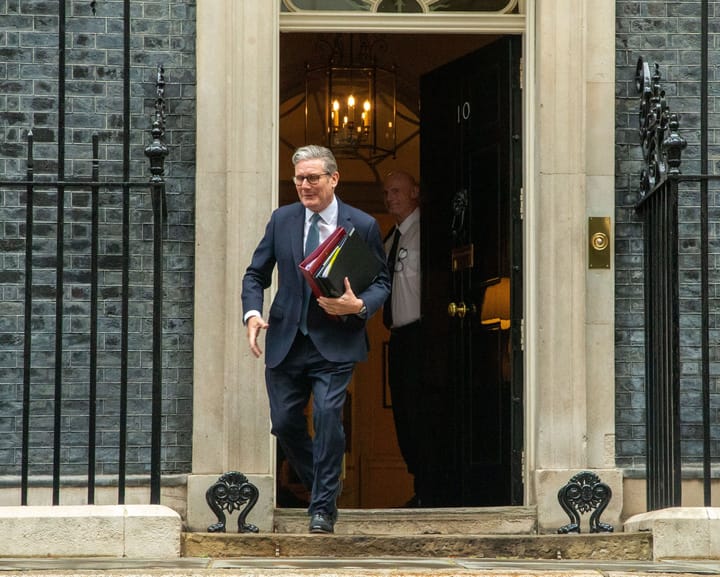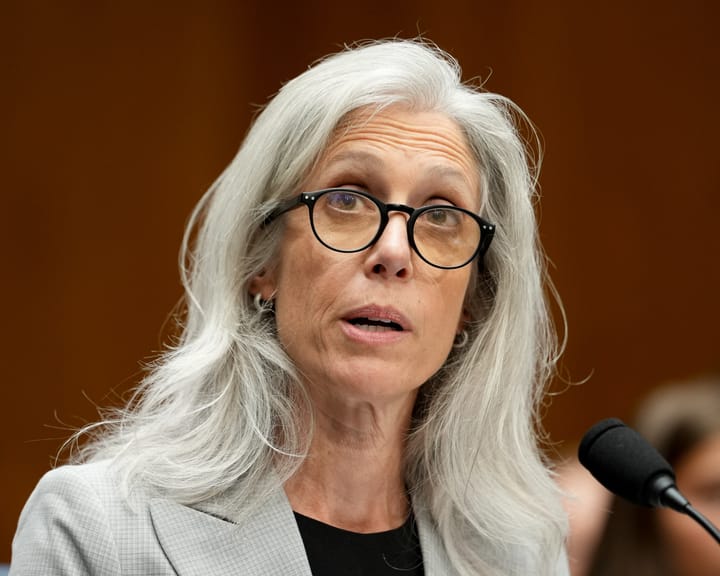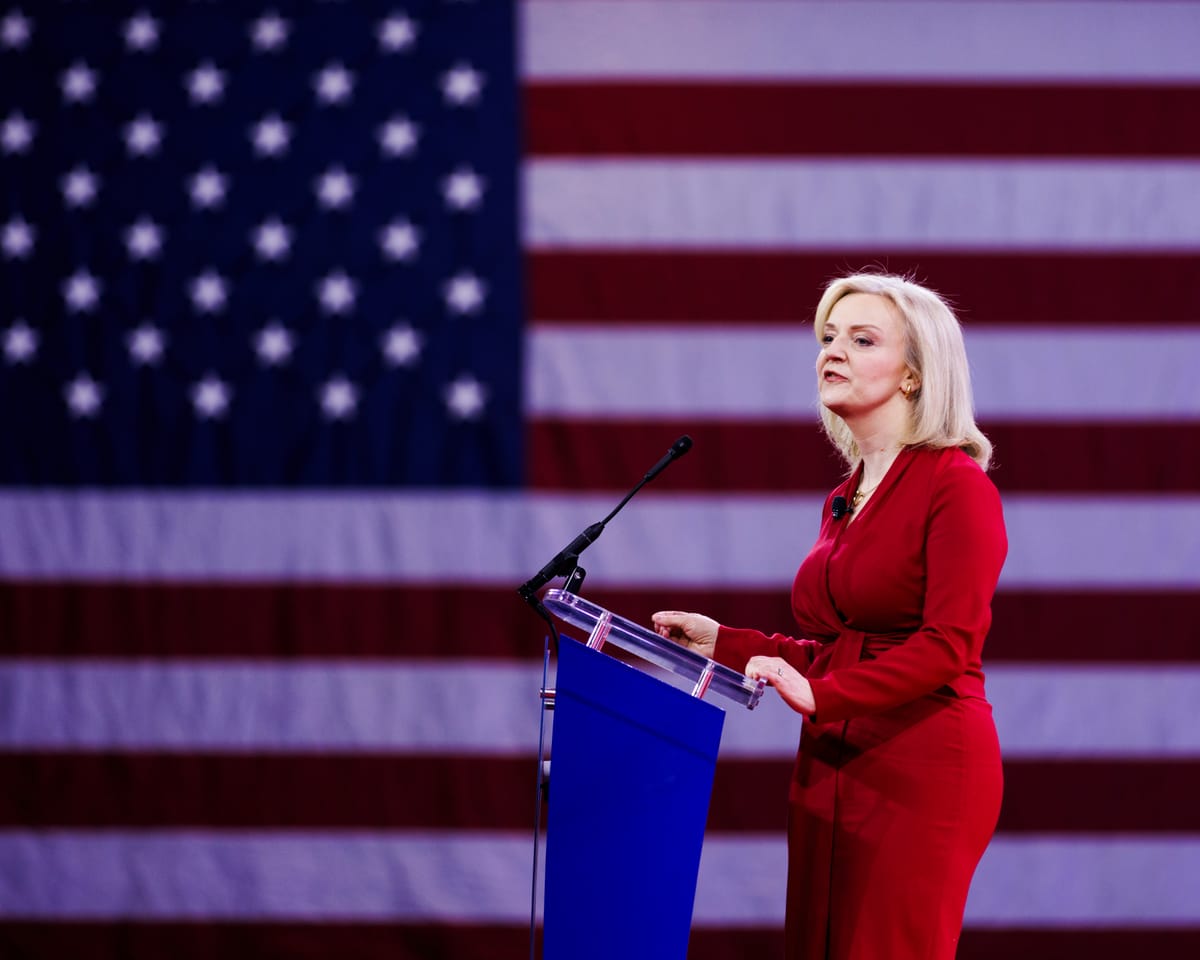Liz Truss Supports Criticism of Central Bank Independence, Echoing Trump’s Stanc
Liz Truss, the shortest-serving British prime minister, has expressed support for Donald Trump’s criticism of the US Federal Reserve’s independence. Truss, who was forced out of office following turmoil in financial markets, suggested that major central banks could face a major challenge to their authority.
During her brief 49-day tenure in late 2022, Truss criticized what she called the "deep state" and the Bank of England, accusing them of undermining her leadership before her own party removed her from power. She claimed that central banks globally—including the Federal Reserve and the European Central Bank (ECB)—were due for a reckoning.
Speaking on Bloomberg’s Odd Lots podcast, Truss argued that unelected central banks hold too much influence over elected governments. "It’s very difficult, as I found while in office, to align fiscal and monetary policy when you don’t control one of those levers. I believe this has to change," she said.
Truss, who lost her parliamentary seat in last year’s election, also claimed that the UK now faces economic stagnation under Labour, with rising taxes, weaker growth, and increasing debt.
Recently, UK government borrowing costs have climbed close to their highest levels since 1998. Analysts attribute part of this to global financial pressures linked to US markets, as well as domestic concerns about potential tax hikes in the upcoming budget under Chancellor Rachel Reeves.
Meanwhile, Trump has intensified his attacks on the Federal Reserve, recently stating he would remove one of its governors, Lisa Cook. He has consistently pressured the central bank and its chair, Jerome Powell, to lower interest rates.
Financial experts warn that political intervention risks undermining central banks’ ability to control inflation. US borrowing costs have already risen sharply amid uncertainty about Trump’s trade policies and doubts over the Fed’s autonomy.
Olli Rehn, a member of the ECB’s governing council, cautioned that Trump’s stance could have serious consequences for the global economy. He noted that central bank independence, a key principle since the 1980s, is now under severe strain. "This could create major disruptions in financial markets and harm economic stability worldwide," said Rehn, who also heads Finland’s central bank.
In recent years, central banks have faced growing scrutiny from populist leaders frustrated with weak economic growth and stagnant living standards since the 2008 crisis.
In the UK, the Bank of England was granted independence to set interest rates in 1998 under then-Chancellor Gordon Brown, reinforcing its role in managing inflation.
Read next

"UK and EU call in Russian diplomats over Kyiv embassy attacks"
The UK and European Union have called in their Russian representatives after overnight missile strikes on Kyiv resulted in at least 18 deaths and damaged facilities associated with British and European operations in the city.
Among the victims were four children after a residential building in the Darnytskyi district was

"Keir Starmer appoints new No 10 aide amid further reshuffles"
Keir Starmer has initiated changes within No 10, including reassigning an aide whose appointment had been contentious following Sue Gray’s exit last year.
Nin Pandit, the prime minister’s senior civil service aide, will depart her position after fewer than 10 months. Insiders at No 10 clarified she had

"CDC Director Susan Monarez rejects calls to step down despite pressure"
CDC Director Susan Monarez Refuses to Step Down Amid Allegations of Targeted Removal
CuriosityNews reports on the latest developments in U.S. politics.
The nation’s leading public health agency faced turmoil after the administration moved to replace its director, Susan Monarez, who had been in the role for less

